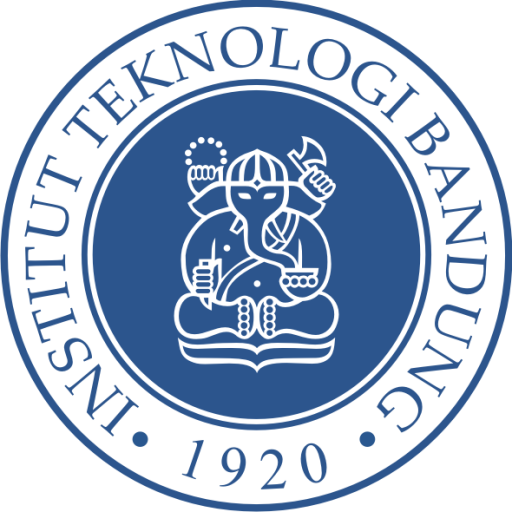The Master’s Program in Highway Engineering and Development was established in 1982 at the graduate school level to help meet the growing need for advanced highway and traffic engineering education in Indonesia with an emphasis on development aspects, at the Institut Teknologi Bandung (ITB). This was a result of co-operation between the Indonesian Department of Public Works, Directorate General of Highways (Bina Marga) and the post graduate school (Fakultas Pasca Sarjana at that time) at ITB. Funding had been largely from a World Bank Highway Loan to Indonesia and from the Overseas Development Administration of the British Government and the Directorate General Bina Marga. At the time of its establishment the Program was run by ITB staff from the, then, Department of Civil Engineering, assisted as necessary by staff from other departments. Assistance, in the form of expatriate academic personnel, had been given to the Program since 1982 by a series of management arrangements, although there had been broad continuity of senior expatriate academic staff throughout. The original external university support was provided by the University College London until 1986, and then continued by the University of Leeds.
The Program evolved with a gradual reduction in expatriate staff inputs to a sustaining level. The bulk of Program teaching, except in specific advanced or new subject material, was undertaken by ITB staff. However, in the research component of the Program, a significant and important role continued to be undertaken by the expatriate staff, but with gradually increasing responsibility being undertaken by the ITB staff. To assist in this development, ITB staff had been studying for higher degrees in related subjects at overseas universities in the UK and elsewhere.
Up to this moment the Program enjoys a good working relationship with Bina Marga, from whom also a number of staff has contributed to the Program on a regular basis. A good working relationship also exists with the Indonesian Institute of Road Engineering (Puslitbang Jalan), with whom research consultations have taken place, and the facilities of which are sometimes used for some student research projects. Plans are in hand to include the possibility of encouraging students from other developing countries, particularly those within the region, to join the Program.
Some important research carried out on the Program has led to significant inputs to, or formed the basis of other projects, in particular, work on soft ground engineering and research leading to the development of an Indonesian Highway Capacity Manual.
The external management of the Program attracted an international award in 1991: the 1991 IBM Award for Sustained Development.
